Faculty
The Carceral Connecticut Project is led by four Wesleyan University faculty members, spanning the departments of History, Government, and African American Studies, and the Science in Society Program.
Professors
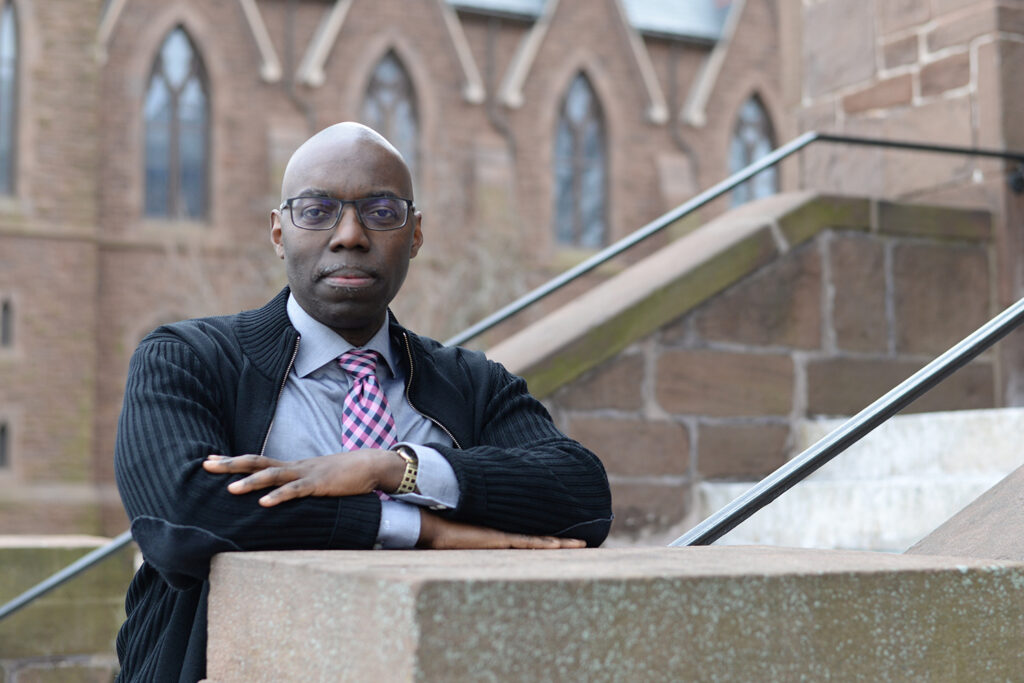
Demetrius L. Eudell, PI
Dean of the Social Sciences, Professor of History
Demetrius L. Eudell specializes in 19th-century U.S. history, intellectual history, and the history of Blacks in the Americas. He received his B.A. in French from Dartmouth College and his Ph.D. in U.S. history from Stanford University. In addition to a number of essays and articles on Black intellectual and cultural history, he is the author of The Political Languages of Emancipation in the British Caribbean and the U.S. South; editor of We Must Learn to Sit Down Together and Talk About a Little Culture: Decolonising Essays, 1967-1984 by Sylvia Wynter; and co-curator/co-editor of Lichtenbergs Menschenbilder: Charaktere und Stereotype in der Göttinger Aufklärung. Current research projects include another critical edition of the works of Sylvia Wynter; a collection of essays on race and politics in the Americas; and an examination of human differences in the 18th century German Enlightenment (Aufklärung).
Through the CCP, Eudell will offer an upper-level seminar on “Policing in the United States” that examines the theory and practice of policing in several domains and from different perspectives. The course will explore the origins of the surveillance state and the creation of the FBI; the militarization of police forces; the role and experience of Black police officers; and the complex relation of policing to social movements and issues of racial justice.
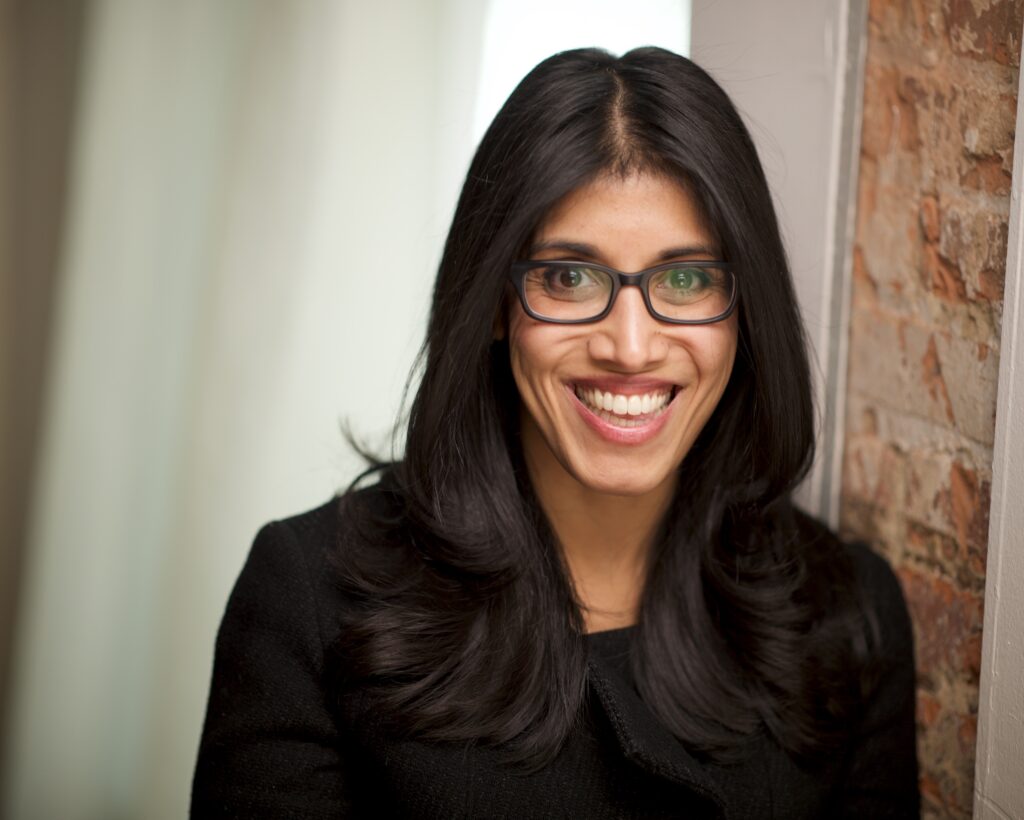
Sonali Chakravarti
Professor of Government
Sonali Chakravarti studies questions of emotions, the law, and democratic institutions. Her current work focuses on the concept of radical enfranchisement, civil disobedience, and jury service. In her book Radical Enfranchisement in the Jury Room and Public Life, she argues for a new set of civic skills necessary for a jury of the 21st century.
Through the CCP, Chakravarti will examine significant Connecticut jury trials that were at the forefront of legal and political change, and will teach two courses. In, “Citizens, Judges, Juries: Who Decides in Democracy?,” students will develop presentations related to jury service in Connecticut, including the campaign of the 1920s and 1930s that allowed women to serve and the contemporary efforts to increase racial representation on juries. In “Theorizing the City,” a course on urban policy and politics, students will examine the long legacy of Sheff v. O’Neill, the 1989 lawsuit on racially segregated schools in Hartford that continues to shape school enrollment and the distribution of resources in the city.
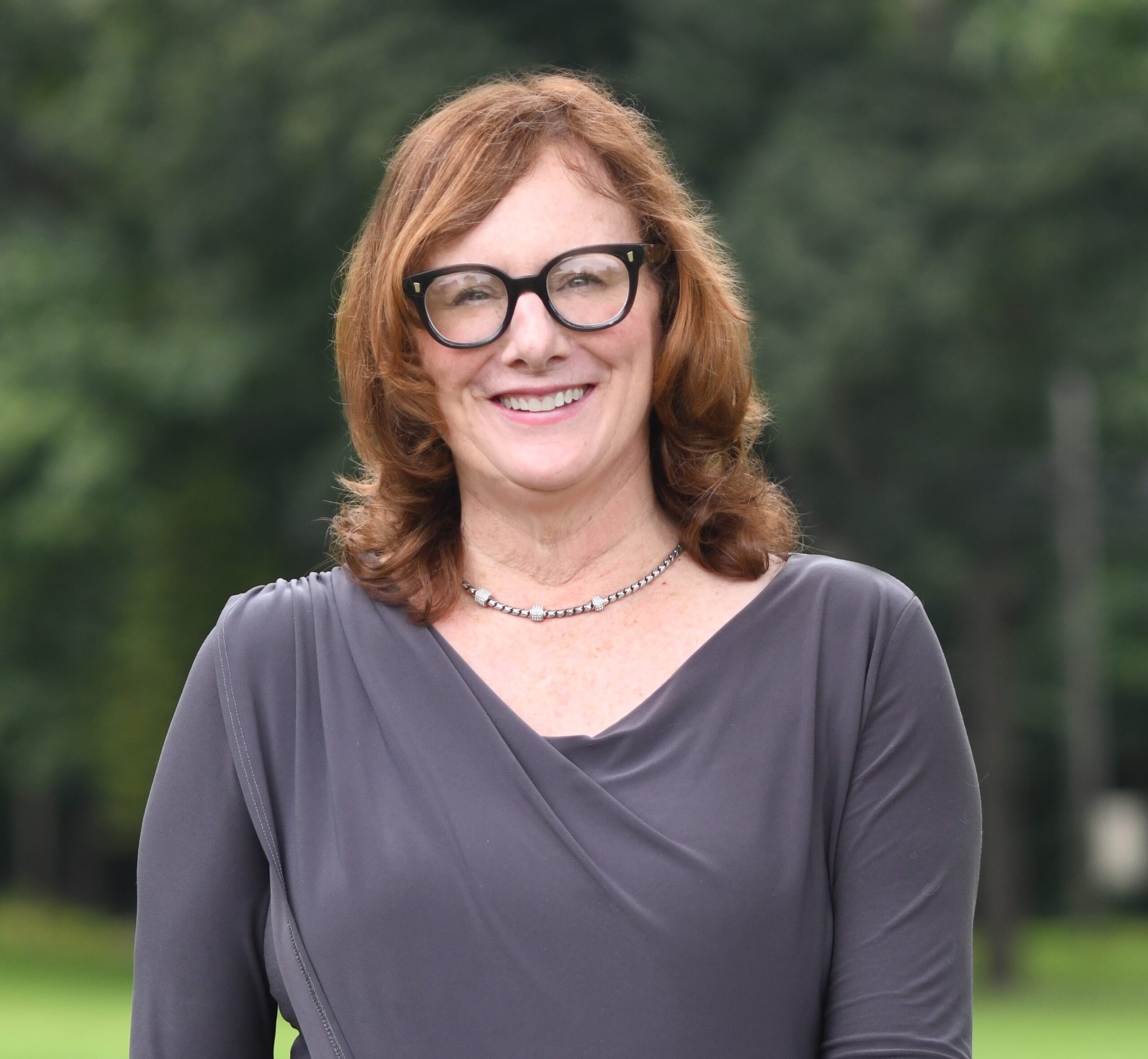
Jennifer Tucker
Associate Professor of History & Science in Society
Jennifer Tucker is a historian of photography and visual culture. She studies the interrelations of art and science, photography, and mass visual culture, with a specialization in 19th to mid-20th century U.S., British, and trans-Pacific history. Tucker’s original scholarship has illuminated the co-evolution of gun manufacturing and camera technology. Through the CCP, she will offer new courses introducing research methods with visual sources, including historic photographic collections. They include “Visual Methods across the Humanities and Social Sciences”; “Reenacting Justice: Guns in America” (a documentary performance course); and “Guns and Society.” For the latter course, students will create a multi-strand 2-D and 3-D physical exhibit at Wesleyan, exploring the idea of Middletown as a microcosm of the history of weapons, society, and culture in the U.S.
Tucker regularly consults and collaborates with museums and cultural partners, including the Lucas Museum of Narrative Art, the Yale Peabody Museum of Natural History, and Coltsville National Historic Park (Hartford, Conn.). Through the CCP, Tucker will lead a year-long digital storytelling and exhibition project with Coltsville that will take students to the Colt forge and foundry sheds where they will undertake work on field sites, engage in library research, and meet with historians, curators, and digital media specialists for “design sprint” discussions.
Jury Room and Public Life, she argues for a new set of civic skills necessary for a jury of the 21st century.
Through the CCP, Chakravarti will examine significant Connecticut jury trials that were at the forefront of legal and political change, and will teach two courses. In, “Citizens, Judges, Juries: Who Decides in Democracy?,” students will develop presentations related to jury service in Connecticut, including the campaign of the 1920s and 1930s that allowed women to serve and the contemporary efforts to increase racial representation on juries. In “Theorizing the City,” a course on urban policy and politics, students will examine the long legacy of Sheff v. O’Neill, the 1989 lawsuit on racially segregated schools in Hartford that continues to shape school enrollment and the distribution of resources in the city.
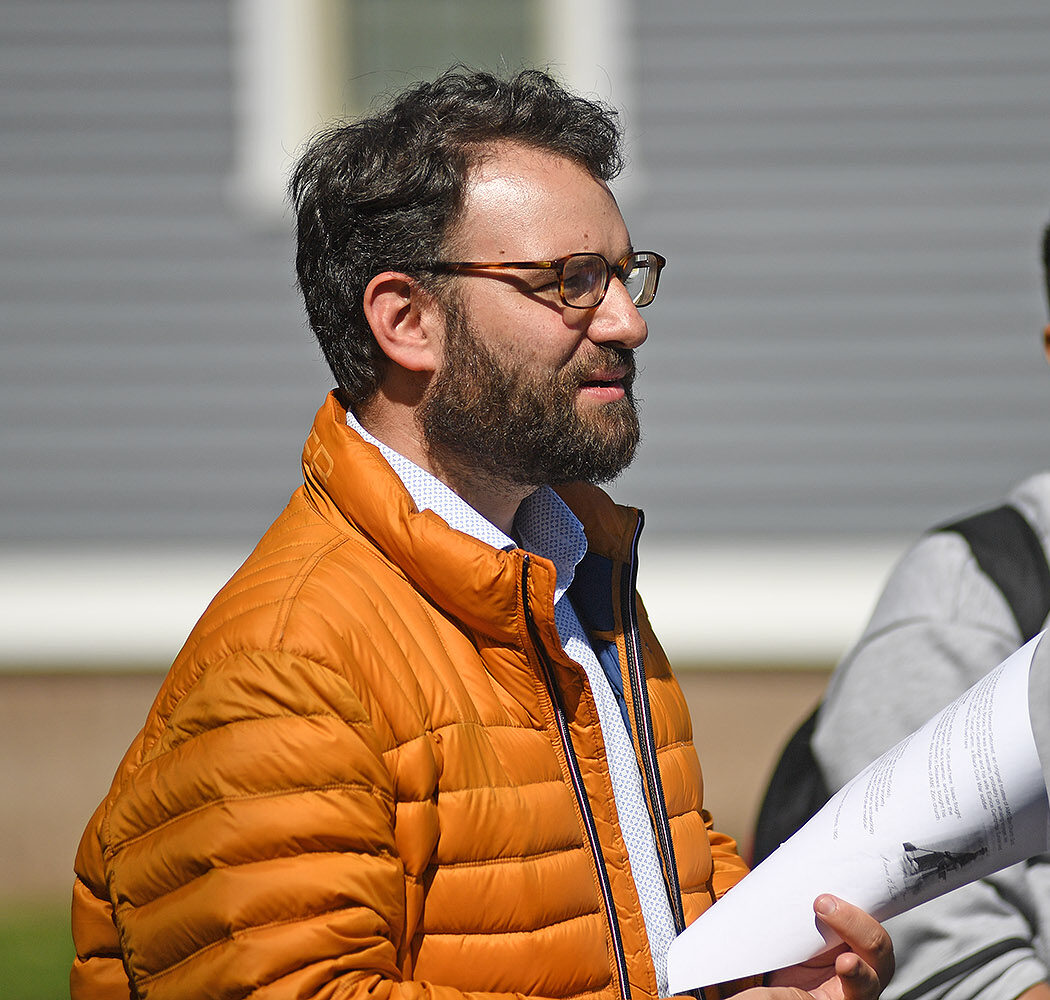
Jesse Nasta
Assistant Professor of the Practice in African American Studies
Director, Middlesex County Historical Society (MCHS)
Jesse Nasta specializes in the social and legal histories of slavery, emancipation, and African American mobility during the eight decades before the Civil War. For several years, he has involved Wesleyan students in researching, documenting, and sharing their findings on Middletown’s Beman Triangle, one of the most prominent free, property-owning, Black activist communities in New England during the antebellum and immediate post-Civil War periods.
Nasta will teach three courses through the CCP. In “Race and Slavery in New England,” students will work in the Milo Wilcox Archives, an MCHS collection that documents the history of Black families in 17th and 18th-century Middletown. As part of their research, students will mine the collection and assist with the archive’s thematic re-categorization, which will allow for better use of the records to detail how these Black lives mattered. In “The Prison State: Race, Law and Mass Incarceration” and “Carceral Connecticut” courses, students will use MCHS’s repository of Middletown police logs, county jail records, and police court proceedings from the late-19th and early-20th centuries to study the long history of racial profiling in Connecticut, and to analyze on-the-ground carceral practices in the state.
British, and trans-Pacific history. Tucker’s original scholarship has illuminated the co-evolution of gun manufacturing and camera technology. Through the CCP, she will offer new courses introducing research methods with visual sources, including historic photographic collections. They include “Visual Methods across the Humanities and Social Sciences”; “Reenacting Justice: Guns in America” (a documentary performance course); and “Guns and Society.” For the latter course, students will create a multi-strand 2-D and 3-D physical exhibit at Wesleyan, exploring the idea of Middletown as a microcosm of the history of weapons, society, and culture in the U.S.
Tucker regularly consults and collaborates with museums and cultural partners, including the Lucas Museum of Narrative Art, the Yale Peabody Museum of Natural History, and Coltsville National Historic Park (Hartford, Conn.). Through the CCP, Tucker will lead a year-long digital storytelling and exhibition project with Coltsville that will take students to the Colt forge and foundry sheds where they will undertake work on field sites, engage in library research, and meet with historians, curators, and digital media specialists for “design sprint” discussions.
Jury Room and Public Life, she argues for a new set of civic skills necessary for a jury of the 21st century.
Through the CCP, Chakravarti will examine significant Connecticut jury trials that were at the forefront of legal and political change, and will teach two courses. In, “Citizens, Judges, Juries: Who Decides in Democracy?,” students will develop presentations related to jury service in Connecticut, including the campaign of the 1920s and 1930s that allowed women to serve and the contemporary efforts to increase racial representation on juries. In “Theorizing the City,” a course on urban policy and politics, students will examine the long legacy of Sheff v. O’Neill, the 1989 lawsuit on racially segregated schools in Hartford that continues to shape school enrollment and the distribution of resources in the city.
Postdoctoral Fellows
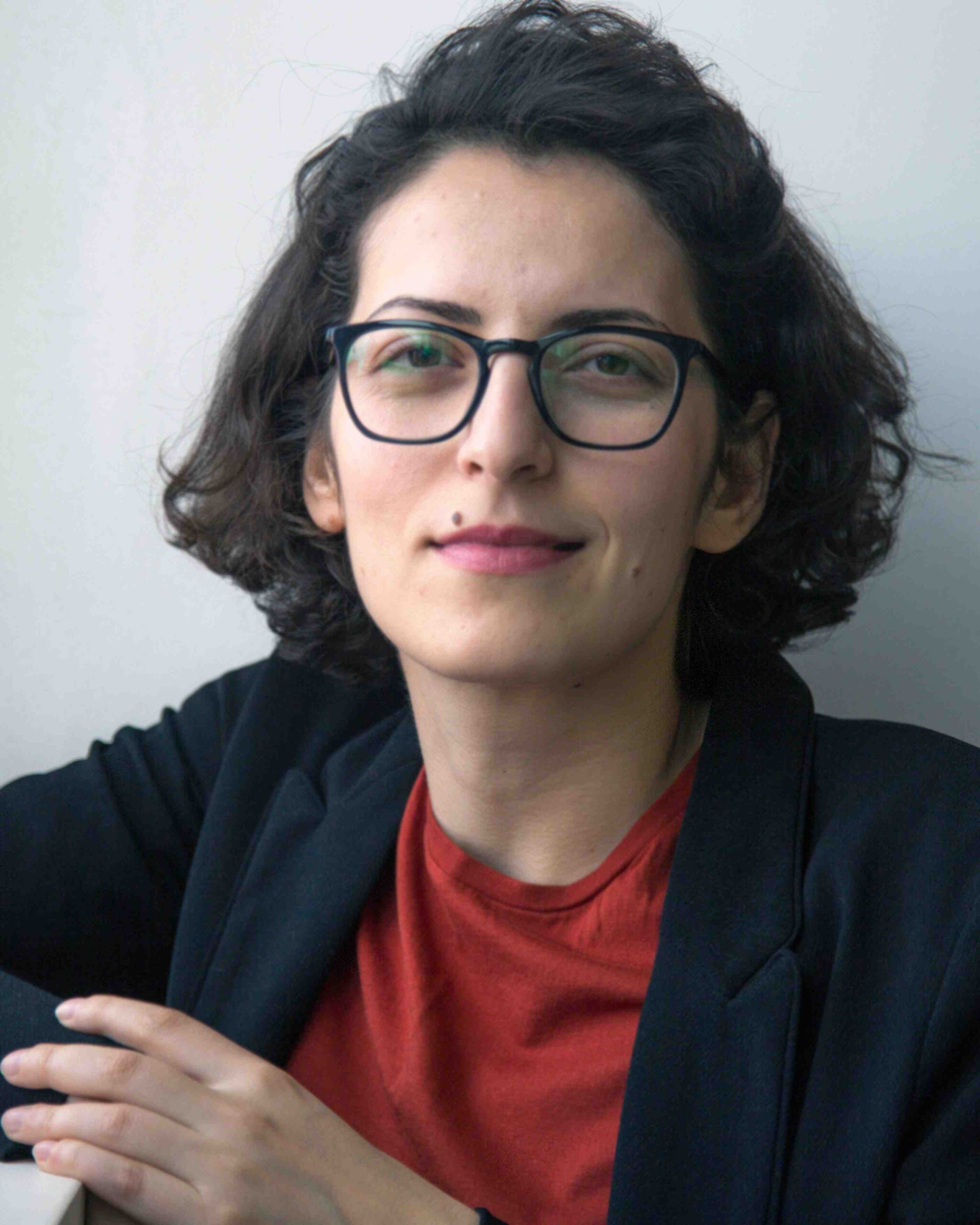
Marianna Hovhannisyan
Postdoctoral Fellow
Marianna Hovhannisyan is an art historian and research-based curator. She works at the
intersection of postcolonial and decolonial archival and museum studies, visual culture, and
critical race study, with the focus on the theories of metadata, art, artifacts, and folk/crafts. In
2022–23, she was the Postdoctoral Fellow at the Pembroke Center for Teaching and Research
on Women, Brown University. She is the 2019 recipient of the UC Critical Refugee Studies
Collective award and often collaborates with the UCLA Center for Information as Evidence. As
the first EU-funded Hrant Dink Foundation Fellow, she conducted original research in the
American Board Archives (Turkey). This resulted in her curatorial exhibition “Empty Fields”
(2016, SALT, Istanbul), which uncovered a museum collection dispersed due to the 1915
Armenian Genocide.
Hovhannisyan completed her award-winning Ph.D. dissertation in Art History, Theory, and
Criticism (UCSD, 2022) and is currently working on her monograph exploring Armenian
historiography as a modern example of people subjected to epistemic and colonial violence
through forced displacement, archival silences, and cultural appropriations. Her writings appear
in: Stedelijk Studies Journal, Displaced Archives Series, and UCLA Journal of Education and
Information Studies.
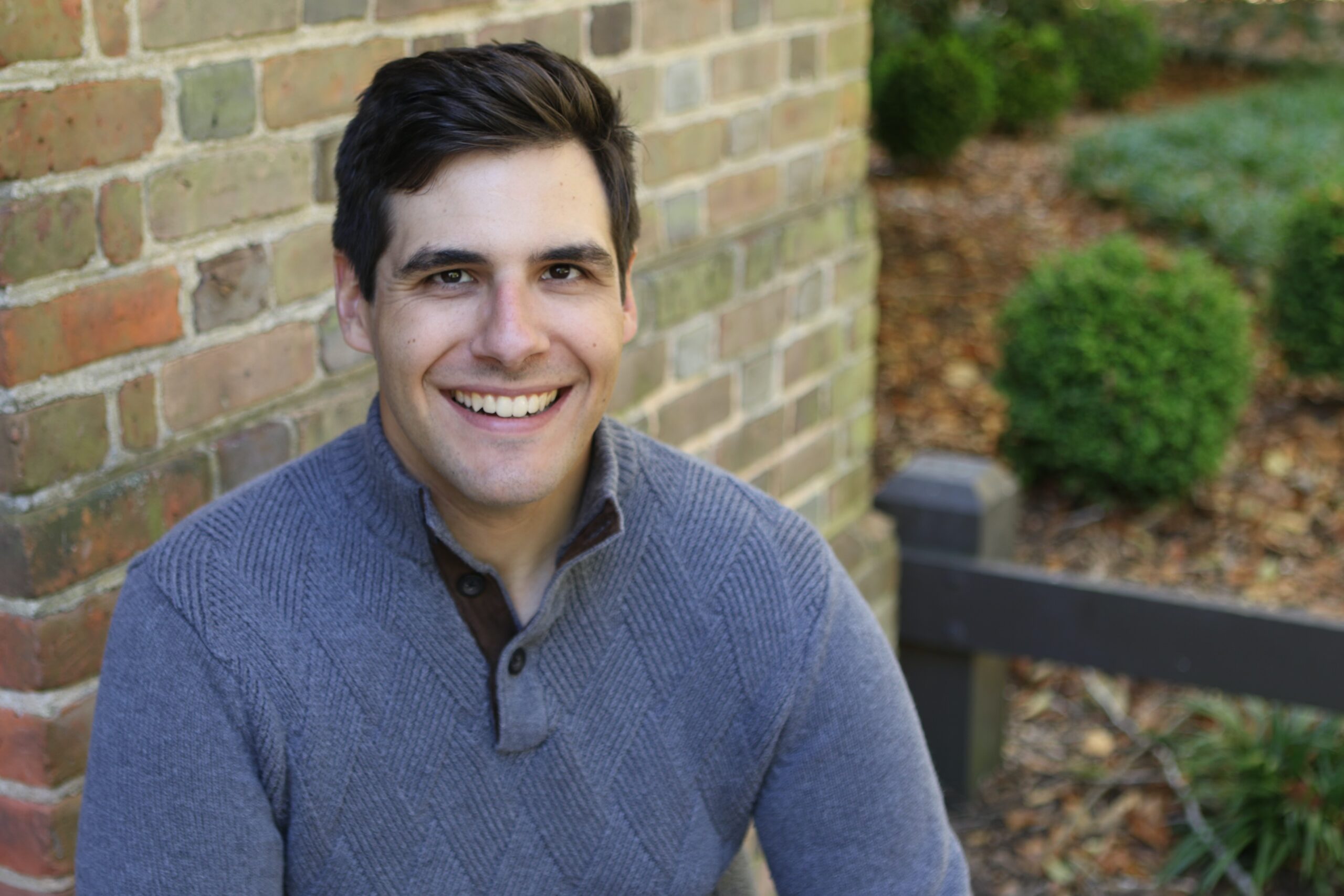
Charles “Chuck” Weisenberger
Postdoctoral Fellow
Charles Weisenberger specializes in African-American history, slavery, and abolition, in the early United States. He is an alumnus of Washington College in Chestertown, Maryland, and defended his doctoral dissertation this summer at the University of Massachusetts Amherst. His dissertation examines the history of the Telfair family of Savannah, Georgia, the state’s largest slaveowners before the Civil War. He considers the family’s social, political, and economic connections beyond the South, and the implications of those connections for the people they enslaved. His secondary research interest is the history of abolition in the Connecticut River Valley. Dr. Weisenberger is a committed public historian, and has worked previously for the Legacy of Slavery project at the Maryland State Archives, the David Ruggles Center for History and Education, the Emily Dickinson Museum, and the Colonial Williamsburg Foundation.

Bryan Winston
Postdoctoral Fellow
Bryan Winston specializes in migration history, oral history, and digital humanities, and is currently completing his first book: Mexican Corridors: Migration and Placemaking in the Lower Midwest. The book is a transnational account and analysis of ethnic Mexican life in Missouri, Kansas, and Nebraska during the first half of the twentieth century. Complementing the monograph in progress is a digital history project, titled “Mapping the Mexican Midwest,” that visualizes Mexican migration routes, institutions, and social networks in the region.
Prior to his arrival at Wesleyan, Winston was the project manager and postdoctoral fellow for the Dartmouth Digital History Initiative, a digital humanities project that launched open-source tools that make oral histories more searchable and accessible. He was also the Associate Director for two oral history projects: the Dartmouth Vietnam Project and Dartmouth Black Lives.”
